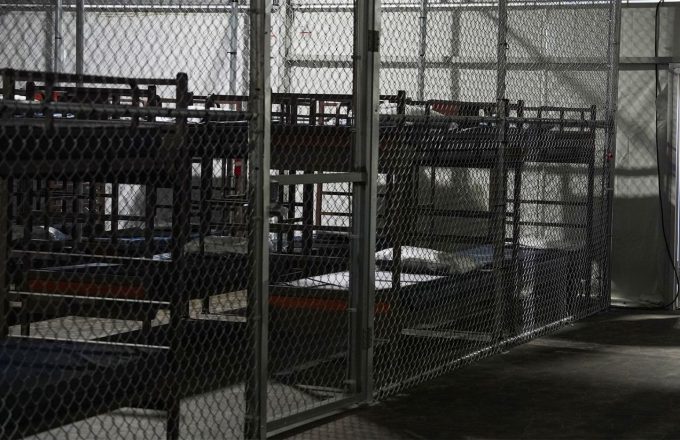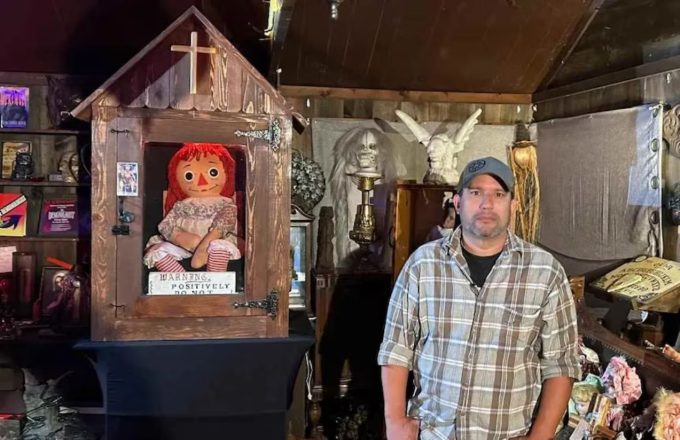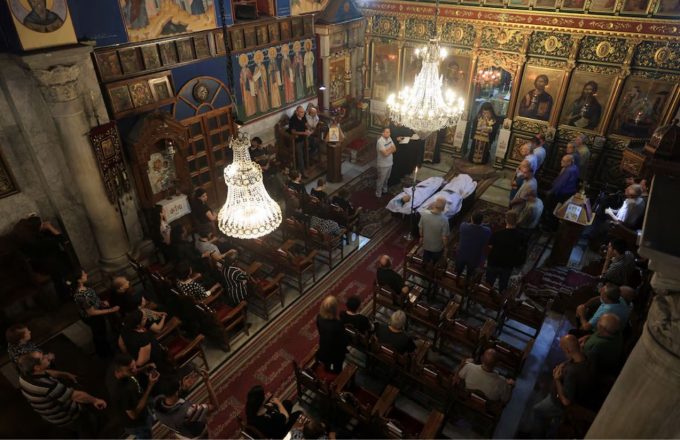A new trend is taking Brazil by storm—viral videos featuring hyper-realistic baby dolls, known as reborns, are captivating audiences and stirring political debate.
Brazilian influencers have been staging everyday scenes—such as simulated births and strolls through shopping malls—with these handmade dolls, so lifelike they often fool passersby. The reborn craze has even reached public institutions.
In Rio de Janeiro, the city council recently approved a bill to honor the artisans who create these dolls. It now awaits the signature of Mayor Eduardo Paes. Meanwhile, lawmakers in other parts of the country are discussing more restrictive measures, including fines for individuals who seek medical attention for the dolls, after a viral video allegedly showed a woman taking them to a hospital.
The controversy has made its way into legislative chambers. In the state of Amazonas, lawmaker Joao Luiz brought a reborn doll to a session to propose a ban on public health services treating them. However, local media reported that health authorities had never encountered such a case.
The debate has sparked criticism from various corners. Federal congresswoman Talíria Petrone questioned the attention the issue is receiving. “Can we focus on what really matters? If someone wants to have a doll, let them. I have two real children, and that’s more than enough work,” she said.
Despite the uproar, the reborn community continues to grow. Last Saturday, dozens of “reborn mothers” gathered in São Paulo’s Villa-Lobos Park for the 10th annual fan meetup. Participants argue that criticism should target attention-seeking influencers, not the broader community.
These dolls are often used for grief therapy or parenting practice, and they provide deep emotional comfort for many. Berenice Maria, a nursing assistant and long-time collector who owns eight reborns, says the dolls help her cope emotionally. “I love reborns, despite all the hate out there,” she said. “I want the right to go out with them… to the mall, to the park.”
Daniela Baccan, co-owner of a reborn doll store in Campinas, São Paulo, said prices range from 700 reais (around $124 USD) to nearly 10,000 reais (about $1,800 USD). Alongside the growing interest, security concerns are rising too. “We’re locking up more often, adding cameras,” Baccan noted. “But at the same time, online demand has gone up, and the store is seeing much more foot traffic.”
As the debate continues, reborn dolls remain at the center of an unlikely public conversation in Brazil.




















